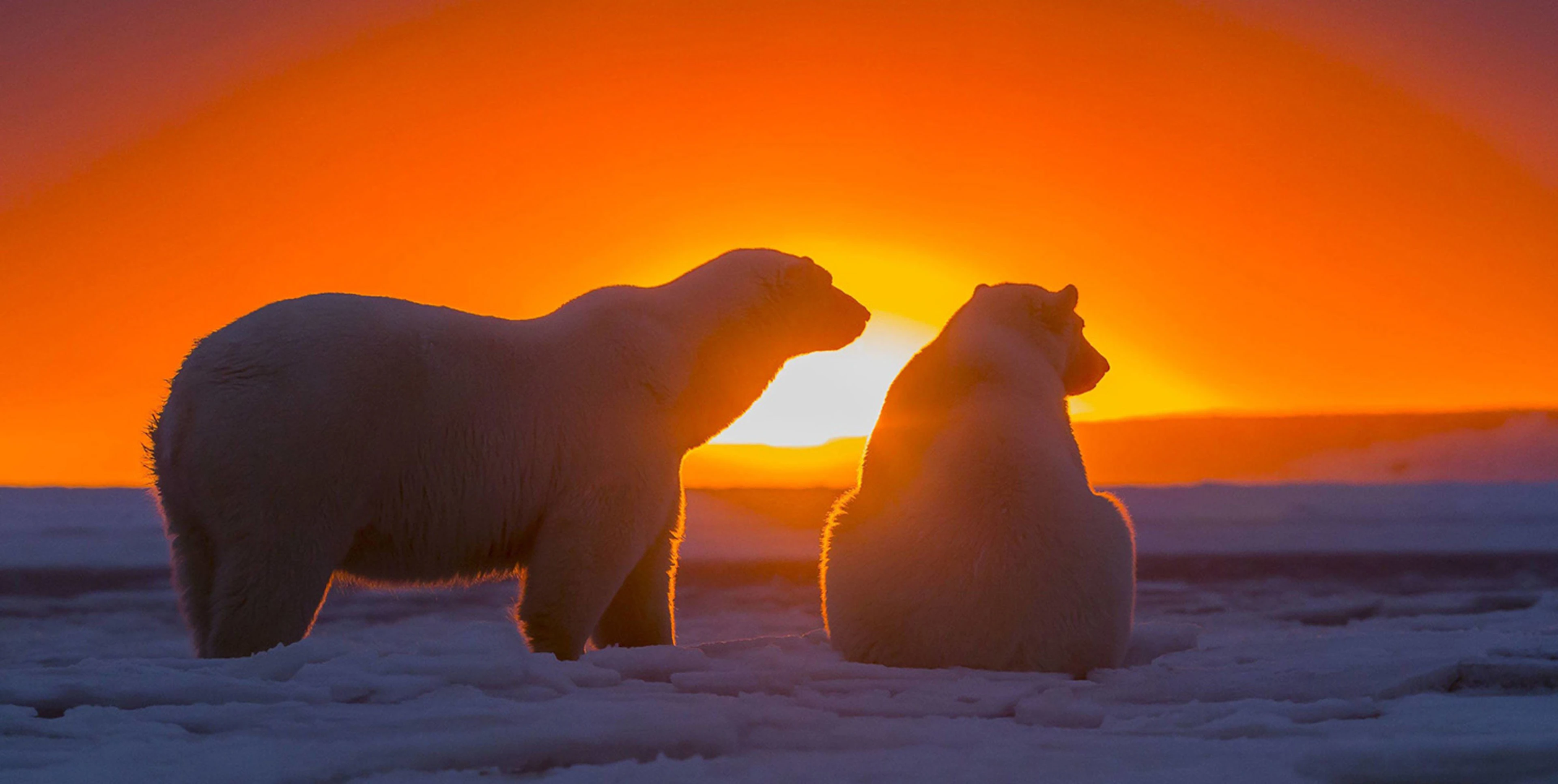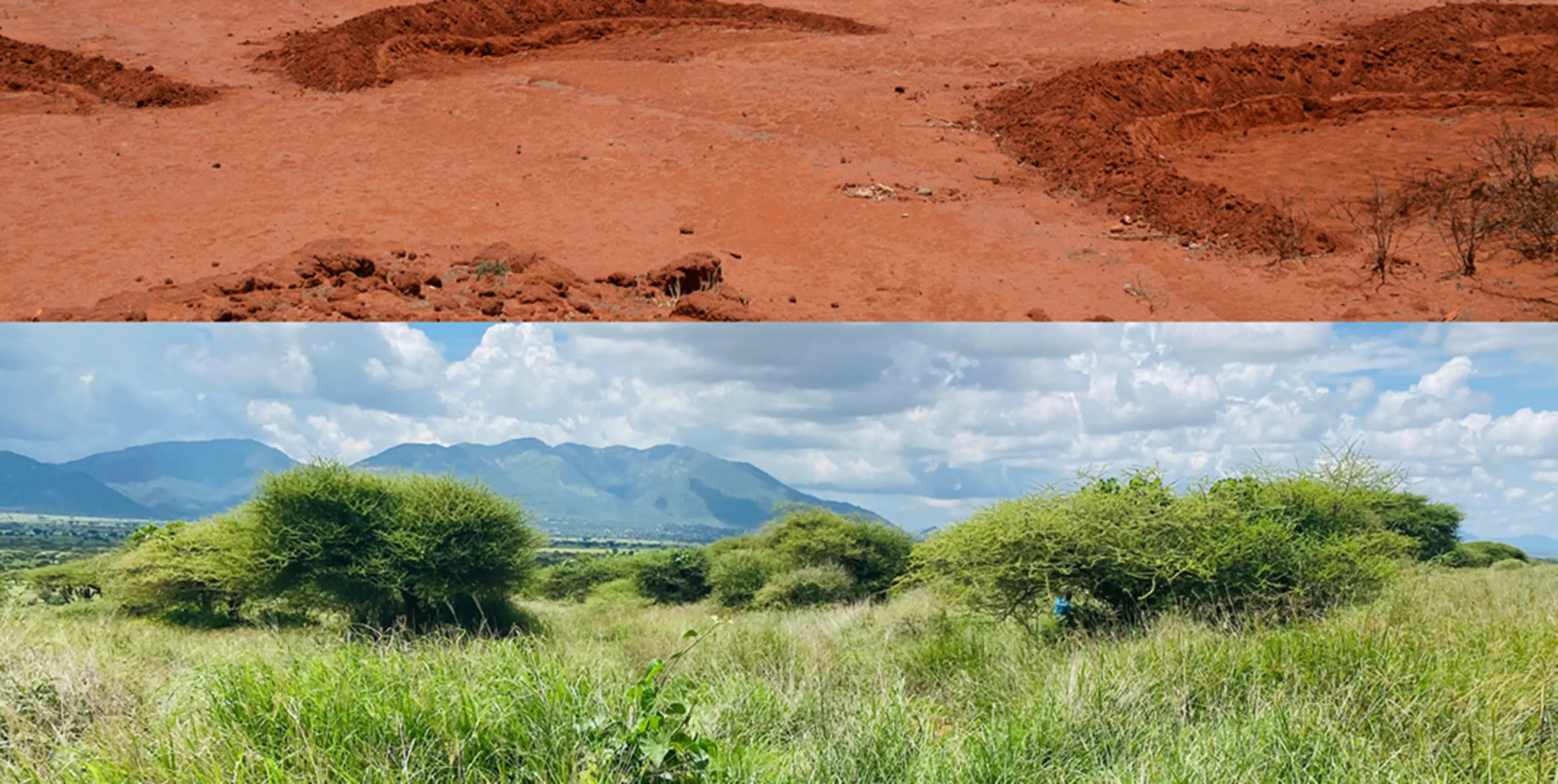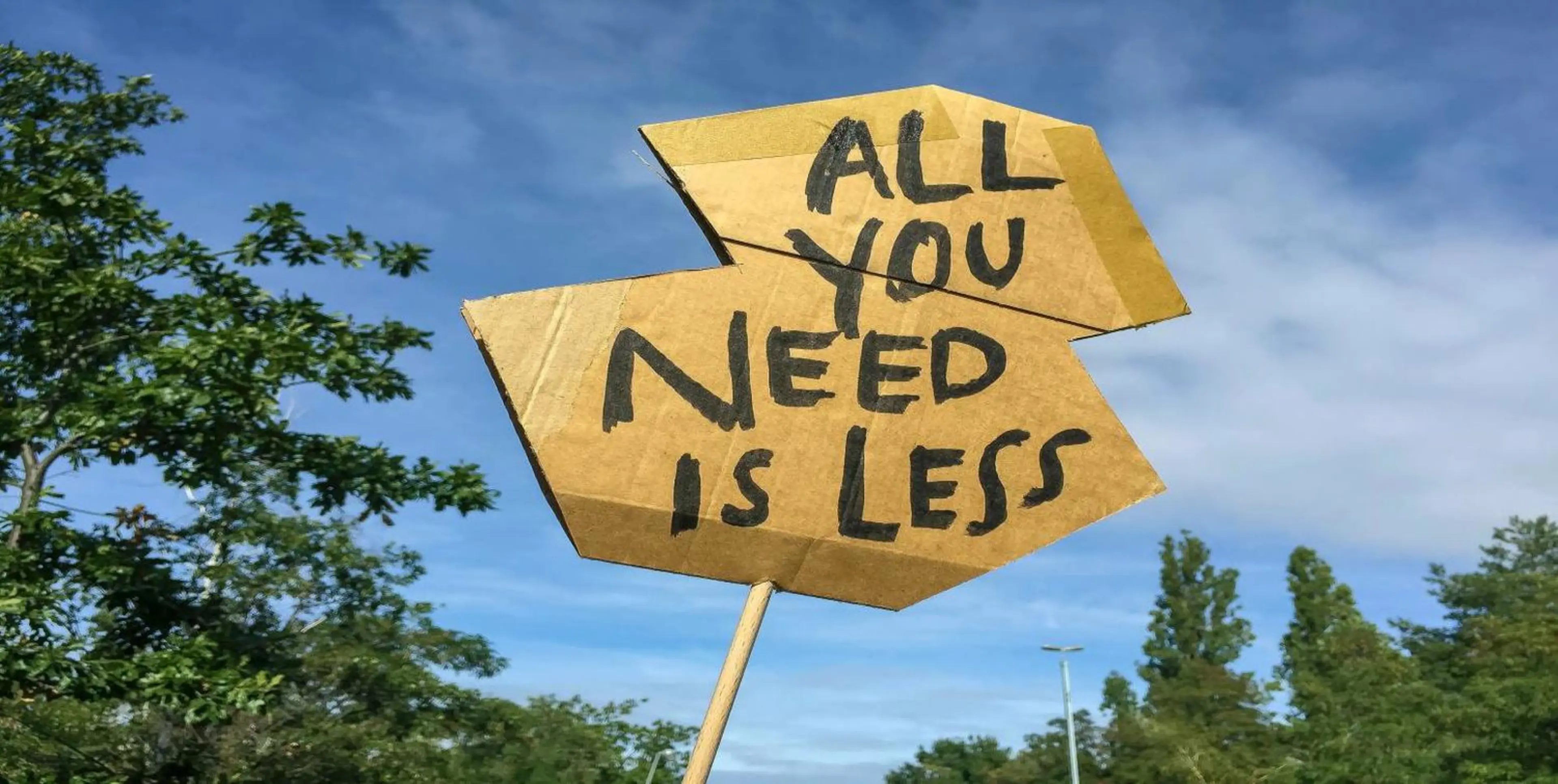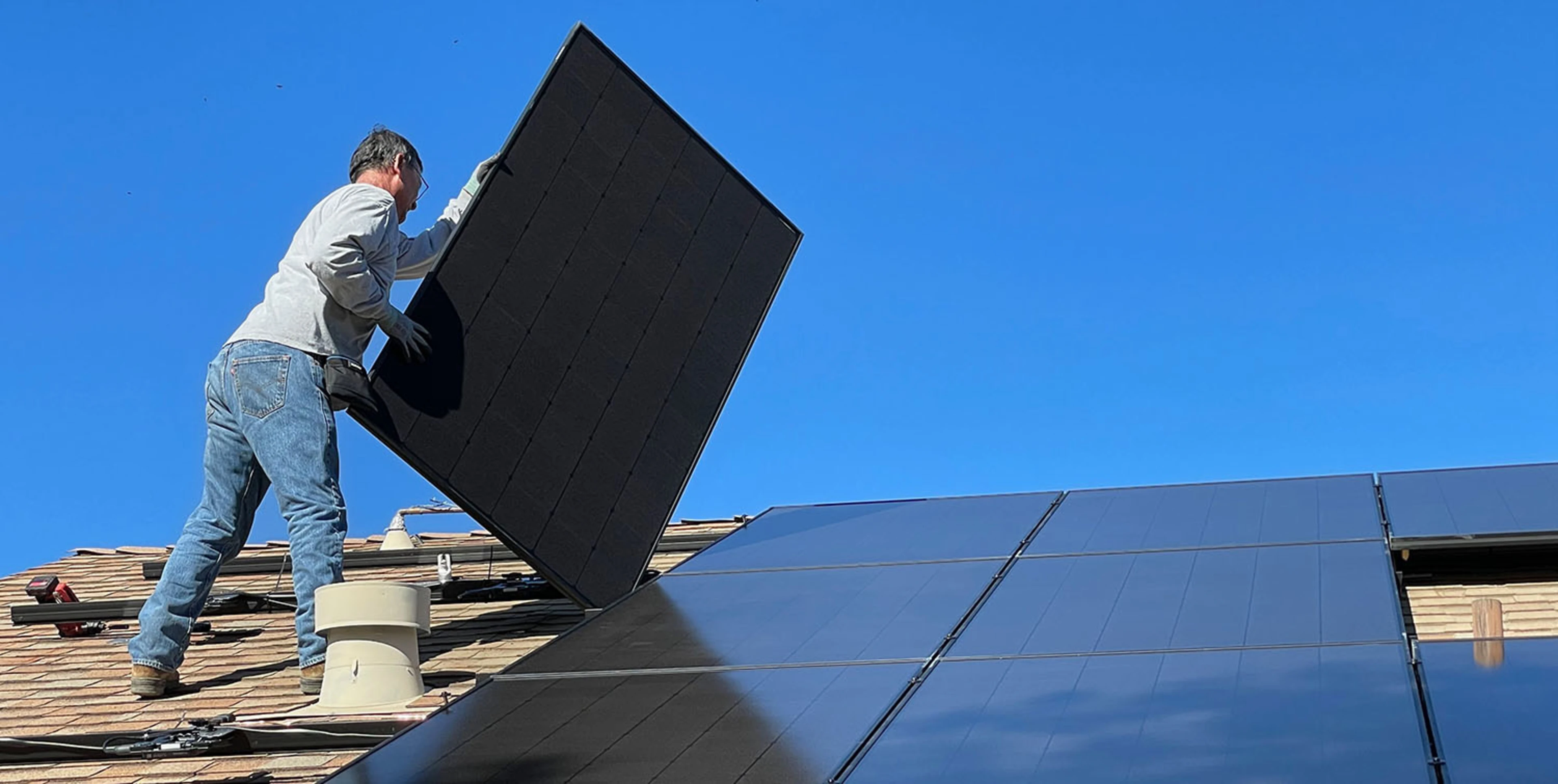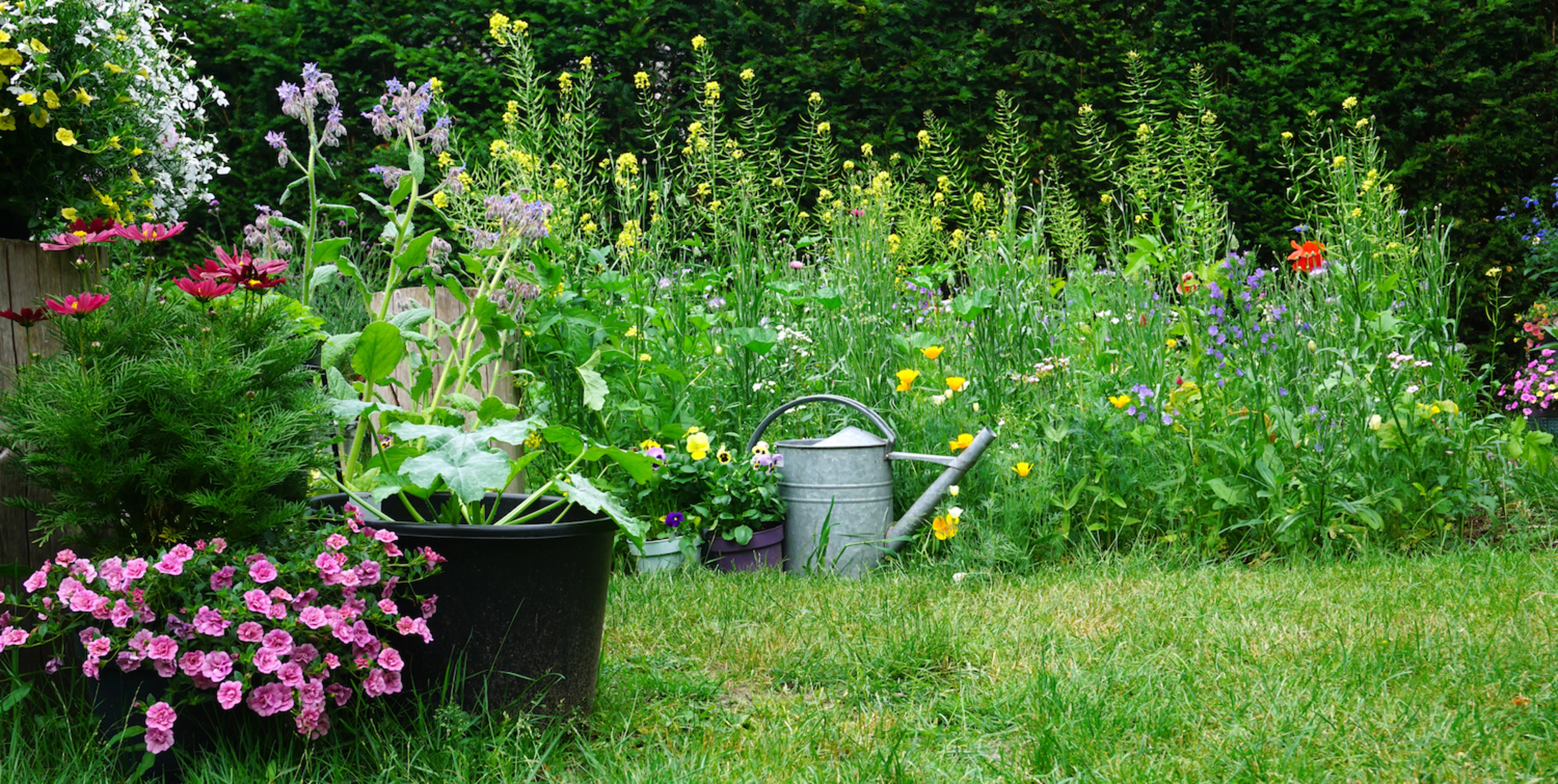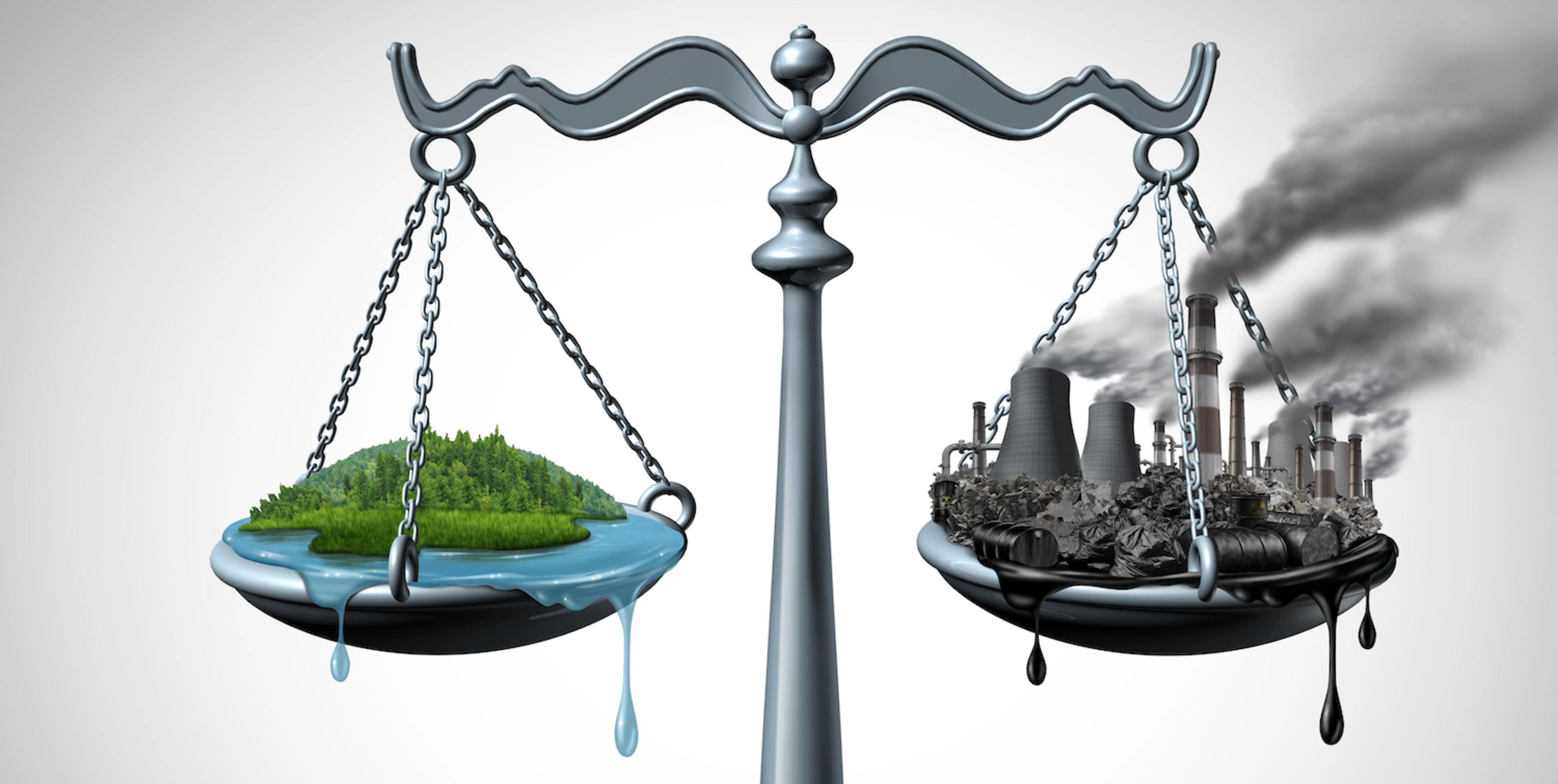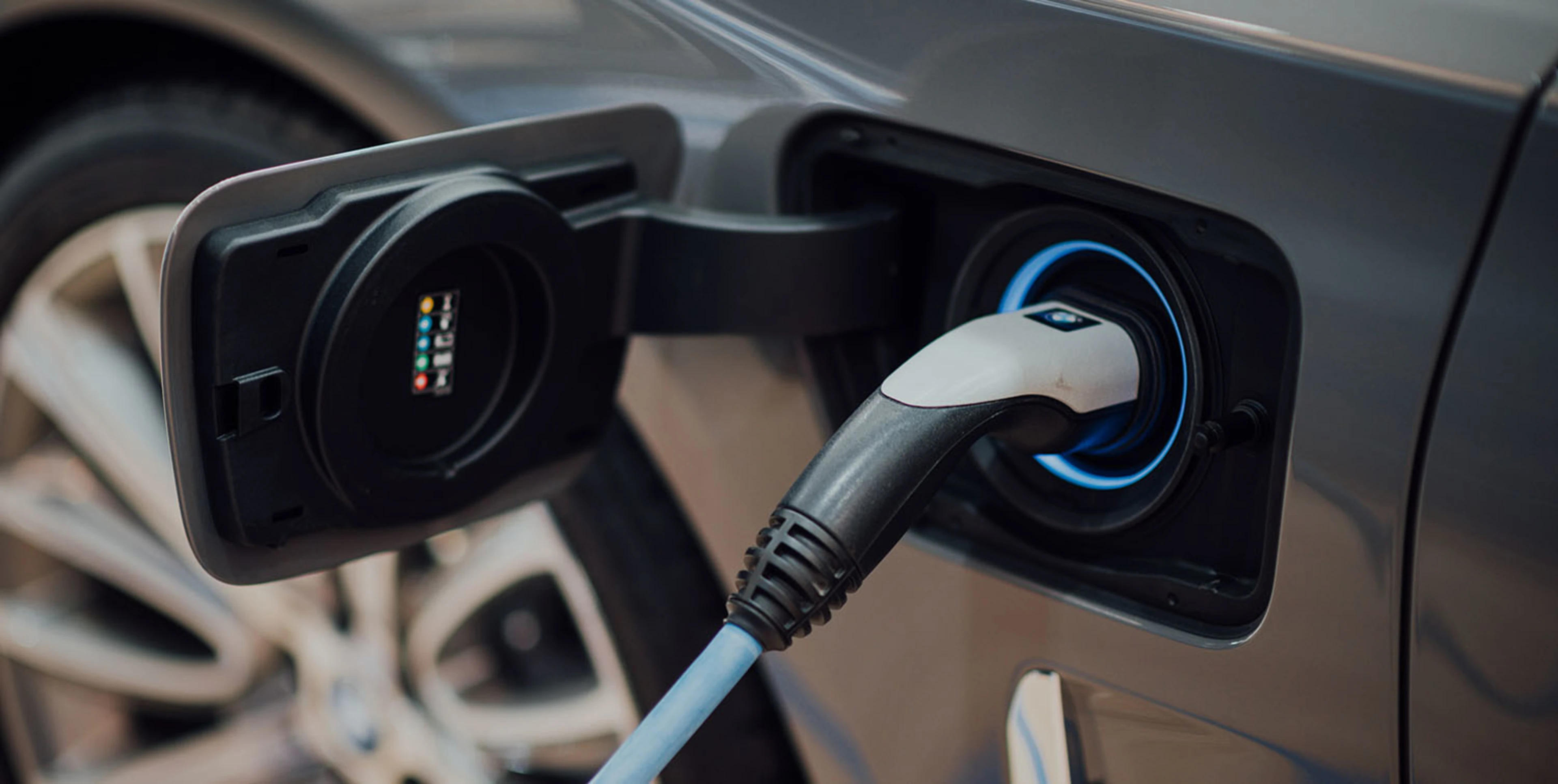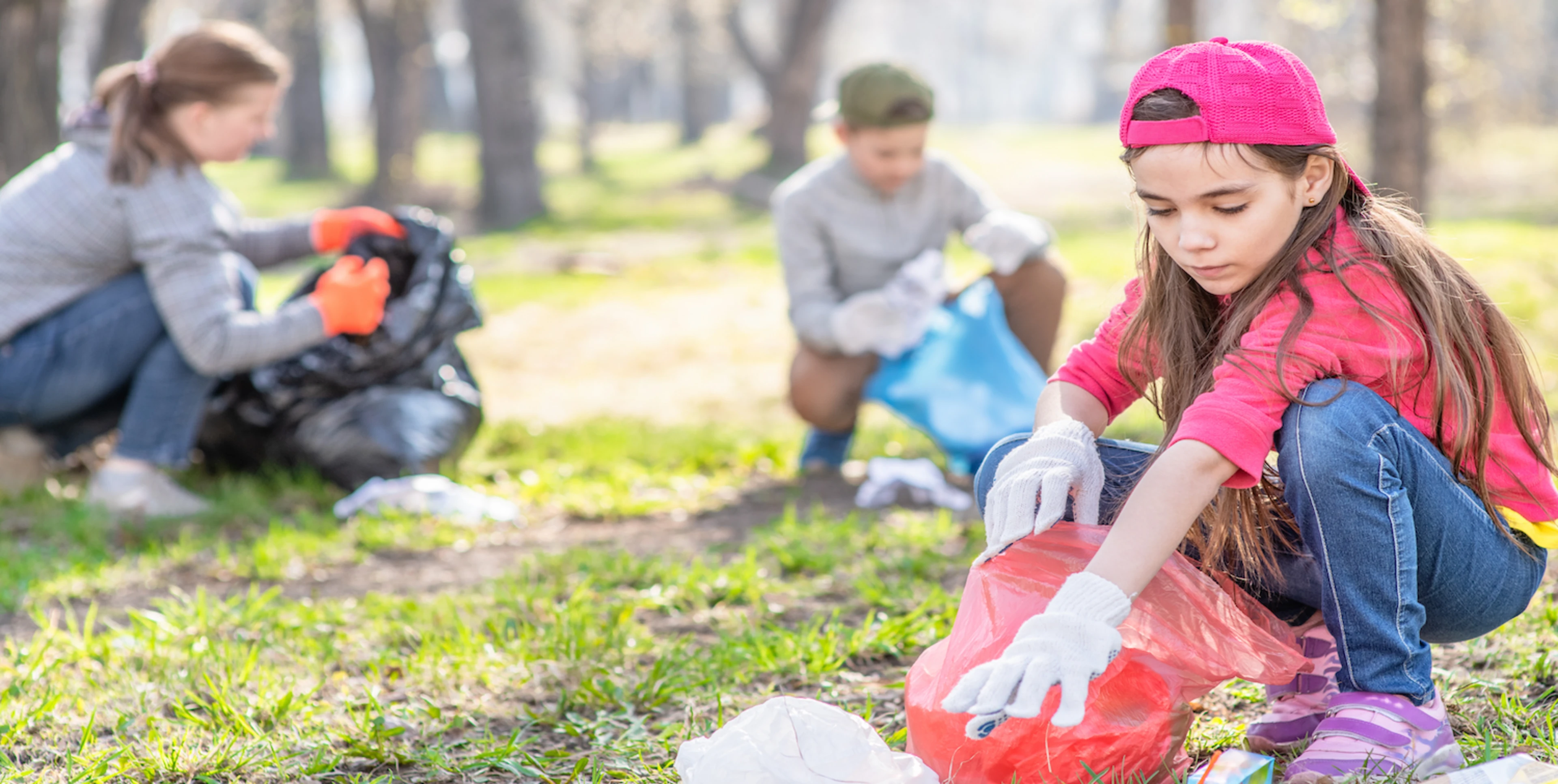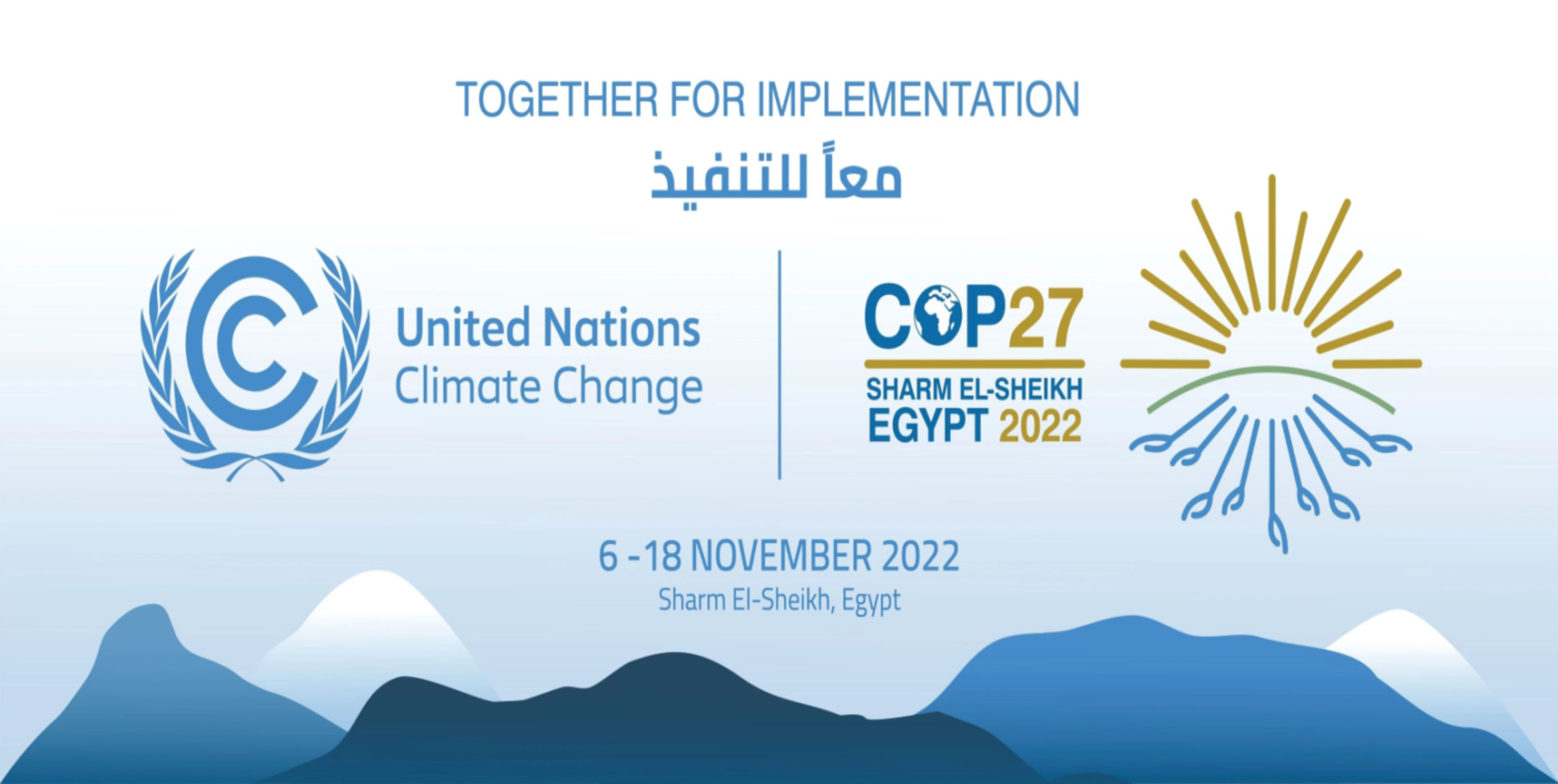How we select our projects
What activities make the biggest and best contribution to repairing our world? That is the question we seek to answer in everything we do at Pinwheel. It is with that focus that we have set about selecting the projects that Pinwheel users can choose to fund. So, what criteria do we use?
Pinwheel’s project rating system
We have built a bespoke project rating system for this purpose. For carbon avoidance and removal projects we have built our ratings on the foundation of the Oxford Principles for Net Zero Aligned Carbon Offsetting.
The Oxford Principles have most directly informed two of our criteria. Firstly, that we should highly rate projects that remove carbon from the atmosphere, rather than ones that avoid new emissions being generated. Ultimately, we will need to move towards 100% carbon removal to be consistent with the goals of the Paris Agreement. Secondly, that we should shift to long-lived carbon storage – that is where the carbon is stored for hundreds or thousands of years. Short-lived storage, for example from planting trees, is valuable for buying us time. More importantly, many of the projects provide vital non-carbon benefits, such as providing a habitat for wildlife. However, many short-lived carbon storage activities risk being reversed, for example through forest fires, so over time long-term storage has to be prioritised.
It is those principles which led us to work with the team behind Enhanced Biomass Sequestration (EBS). Their methodology is potentially game-changing, in that they start with nature, but then use the skillset of mining, to sequester carbon and lock it underground for hundreds of years. Their ‘reverse mining’ approach is both high-quality and scalable – if Pinwheel users can together help it get off the ground, it will make a massive contribution to saving our world!
We also prioritise ‘additionality’ – that is, we make sure we are confident that the funding you provide leads to more carbon being removed – and ensuring that the impact of the project is well monitored, with risks taken into account. We also want to support projects which do their work in the most beneficial way for people, which is why we are working alongside Fair Climate Fund, whose projects provide a fair income for the families it supports.
Supporting the new and amazing
A key feature of our search for world leading projects has been to look for the things that remove the greatest amounts of carbon. That’s why you will find seagrass and mangrove planting in our Ocean Rescue plan. Taken together, these kinds of projects are often referred to as ‘blue carbon’, an emerging area for carbon removal activity. We have decided that it is vital that these projects are supported, because of their incredible carbon removal properties. Seagrass is a true wonder plant. Not only is it vital for supporting the health of our oceans, but it can sequester carbon at up to 30 times the rate of land-based trees! Mangroves can do so at around two-to-four times the rate of land-based trees. Whilst these projects are amazing, they are also newer, so are not yet likely to be fully verified as ‘carbon credits’ for offsetting. Verification of the impact of projects matters, so we are focusing on working with projects that are working credibility towards verification, where they are not fully verified yet.
Moving beyond carbon to true planet repair
Restoring our world is more than just thinking in terms of carbon. Our crises our interlinked. The destruction of habitats for wildlife and the harm we are doing to our oceans are driven by the same issues as our carbon crisis. Our plastic waste is not only derived from a fossil fuel, but also does huge harm to ocean life (which some of us then eat). Not only that, but the increase in number and intensity of storms and floods because of climate change means that our plastic waste is likely to get spread further and faster in coming years.
That’s why we have selected projects that support animal life, remove plastic, and tackle our fastest growing waste stream – e-waste. We have selected high-quality waste removal projects, which also provide income for local communities, predominantly in Africa. The Empower plastic removal platform enables tracking of the volume, type, and provision of photo evidence of the plastic waste, using blockchain technology. Using blockchain means data cannot be altered and we can be confident that the support we all provide makes a meaningful difference.
Whilst climate change is the biggest threat to many animals, including polar bears, human activity has created a range of problems, which is why this era has become known as the Sixth Mass Extinction. The current rate of extinction of species is estimated at 100 to 1,000 times higher than natural background extinction rates. We have looked to support animals that are both in need, but also provide a broad set of biodiversity benefits. Almost all animals are important for biodiversity – we do not fully understand what the impact of losing an animal will be. There are some ‘keystone’ species, so we have started by focusing on one of them – sea turtles. Almost all sea turtle species are endangered or at risk and they make a broad and vital contribution to ocean life.
We have worked hard to find the projects that, with Pinwheel users’ support, can make a real contribution to repairing and restoring our world. We want Pinwheel users to be confident that every pound, euro or dollar they provide is contributing to changing the world for the better and hope the above explanation of how we make choices provides that confidence. If you have any questions or comments – or even suggestions as to where we can find the game-changing projects we should support - please do get in touch with us at info@pinwheel.earth
